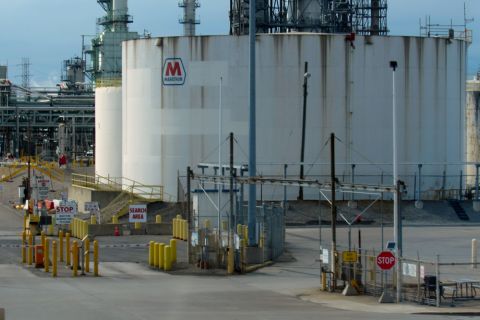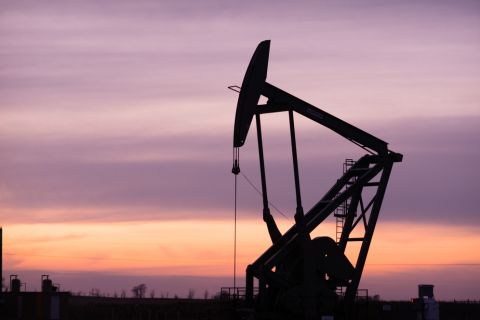Energy trader Danske Commodities has received a 3.5 billion euro ($3.7 billion) capital injection from parent company Equinor to boost liquidity and fund growth as it contends with highly volatile energy markets.
Soaring energy prices and extreme market volatility have forced multiple European utilities and traders to secure extra funds to cover margin call requirements.
"When prices go up, so does the size of margin calls on the energy exchanges," Danske Commodities' finance chief Jakob Sorensen said in a statement.
"Trading companies...must post collateral to cover potential price fluctuations in the period from when a trade is struck to when the energy is actually delivered."
Danske Commodities, which posted a six-fold rise in 2021 operating profits to record levels, told Reuters it expected another record year for 2022 and aimed to continue to grow its business.
"As such, the capital injection underlines our growth ambitions, the synergies we gain from being part of Equinor and our commitment to contributing to functioning energy markets," it said in a written comment.
Equinor's gas and power chief Helge Haugane, who also chairs Danske Commodities, said he was pleased with Danske's performance.
"We are glad to make this capital injection to further strengthen Danske Commodities' position in a market environment which requires a high degree of solidity and liquidity to function as well as to prepare for continued growth," he said in the statement.
Danske, which trades in 40 markets worldwide, said in September it had secured extra funds from Equinor at a time when margin calls soared to record highs in Europe.
Equinor, majority owned by the Norwegian state, has become Europe's largest supplier of natural gas, giving it record profits after a sharp drop in pipeline volumes from Russia's Gazprom since the start of the Ukraine war.
European gas importers have so far been the biggest corporate victims of the energy crisis, with Germany's Uniper costing the government more than 50 billion euros to date and facing de facto nationalization.
Recommended Reading
Thanks to New Technologies Group, CNX Records 16th Consecutive Quarter of FCF
2024-01-26 - Despite exiting Adams Fork Project, CNX Resources expects 2024 to yield even greater cash flow.
Cheniere Energy Declares Quarterly Cash Dividend, Distribution
2024-01-26 - Cheniere’s quarterly cash dividend is payable on Feb. 23 to shareholders of record by Feb. 6.
Marathon Petroleum Sets 2024 Capex at $1.25 Billion
2024-01-30 - Marathon Petroleum Corp. eyes standalone capex at $1.25 billion in 2024, down 10% compared to $1.4 billion in 2023 as it focuses on cost reduction and margin enhancement projects.
Humble Midstream II, Quantum Capital Form Partnership for Infrastructure Projects
2024-01-30 - Humble Midstream II Partners and Quantum Capital Group’s partnership will promote a focus on energy transition infrastructure.
Hess Corp. Boosts Bakken Output, Drilling Ahead of Chevron Merger
2024-01-31 - Hess Corp. increased its drilling activity and output from the Bakken play of North Dakota during the fourth quarter, the E&P reported in its latest earnings.





